She’s played an alien (Under the Skin), a disembodied operating system (Her), and a porn addict’s girlfriend (Don Jon), but that’s nothing compared to the turbocharged amazon Scarlett Johansson gets to play in LUCY, an action thriller directed by Luc Besson. The film carries on the legacy of the French filmmaker’s previous depictions of strong female characters in ‘La Femme Nikita,’ ‘The Professional,’ and ‘The Fifth Element.’ This time out, Johansson becomes the ultimate object of his obsession with depicting ‘the strengths of women and the weaknesses of men.’Q:JOHANSSON:Q:JOHANSSON:Q:JOHANSSON:Q:JOHANSSON:Q:JOHANSSON:Q:JOHANSSON:Q:JOHANSSON:Q:JOHANSSON:Q:JOHANSSON:Q:JOHANSSON:Q:JOHANSSON:

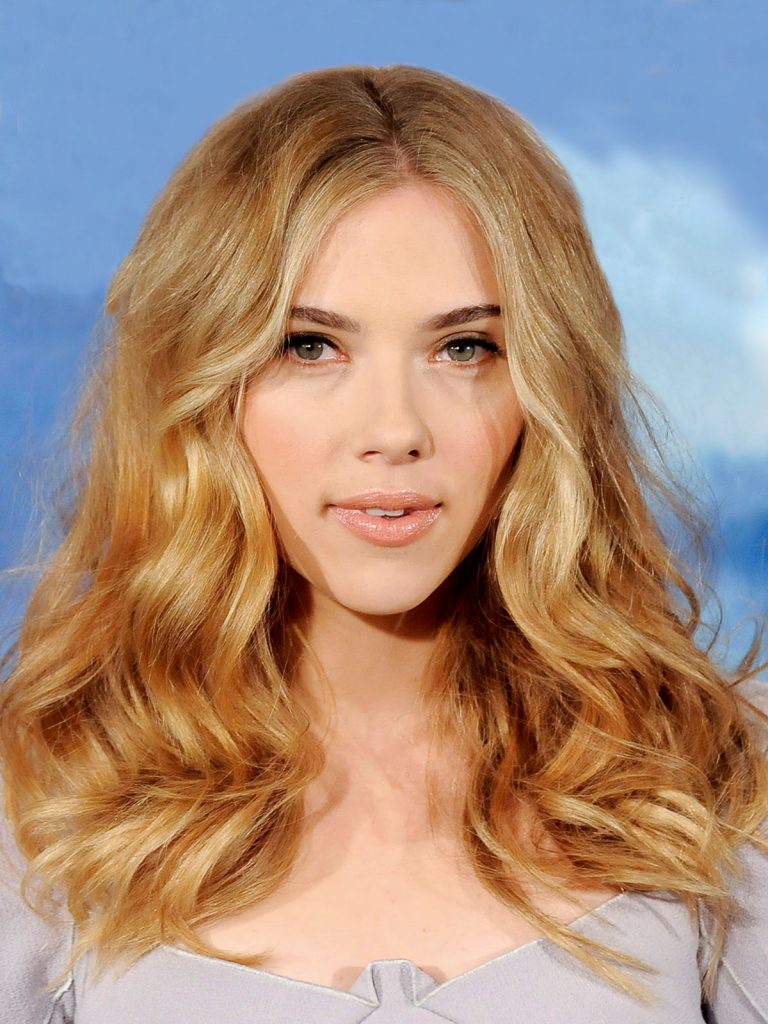
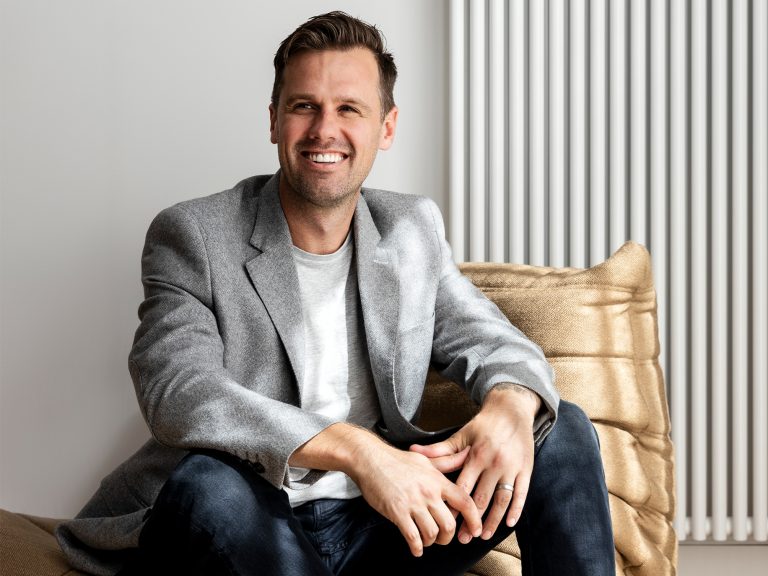
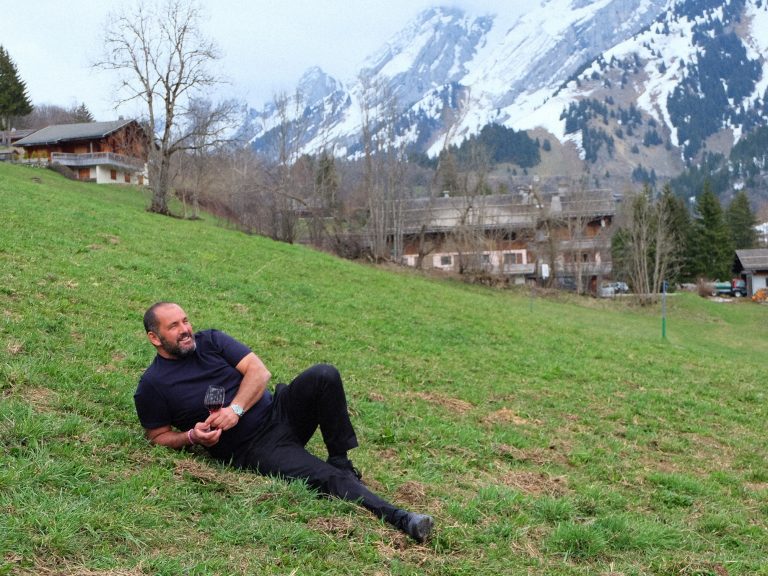
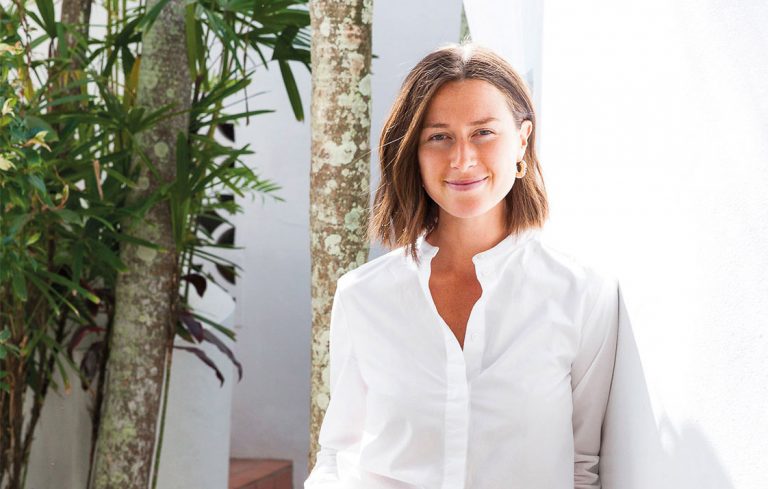
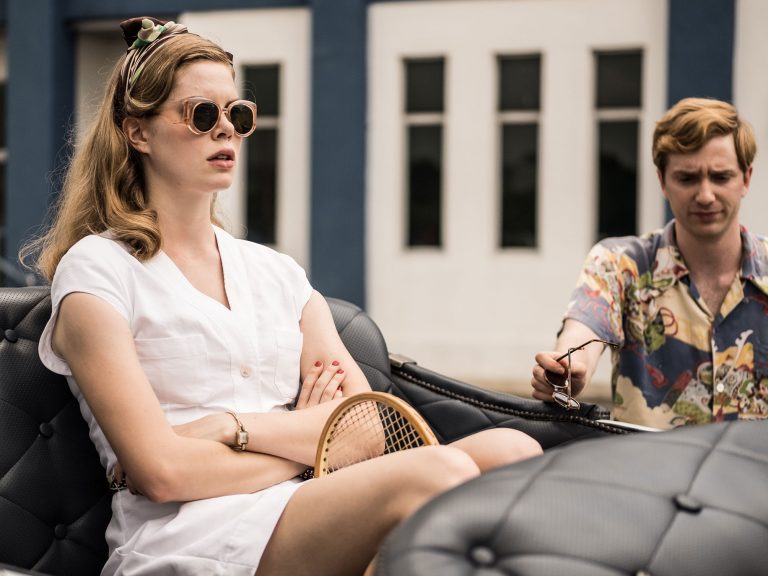
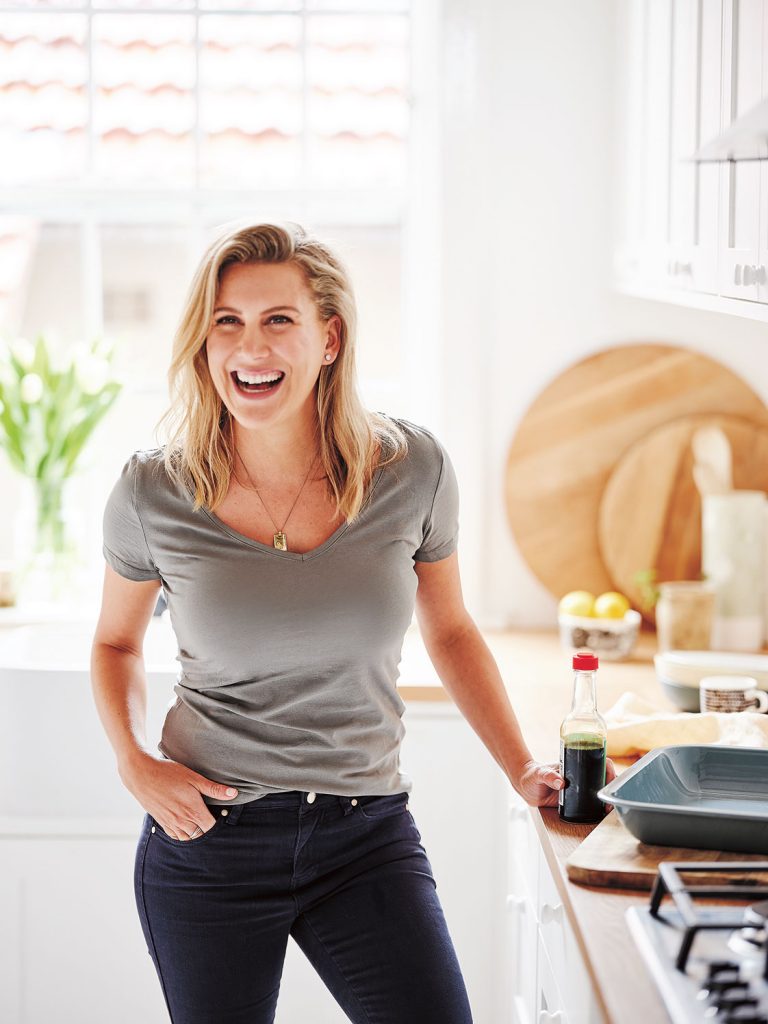
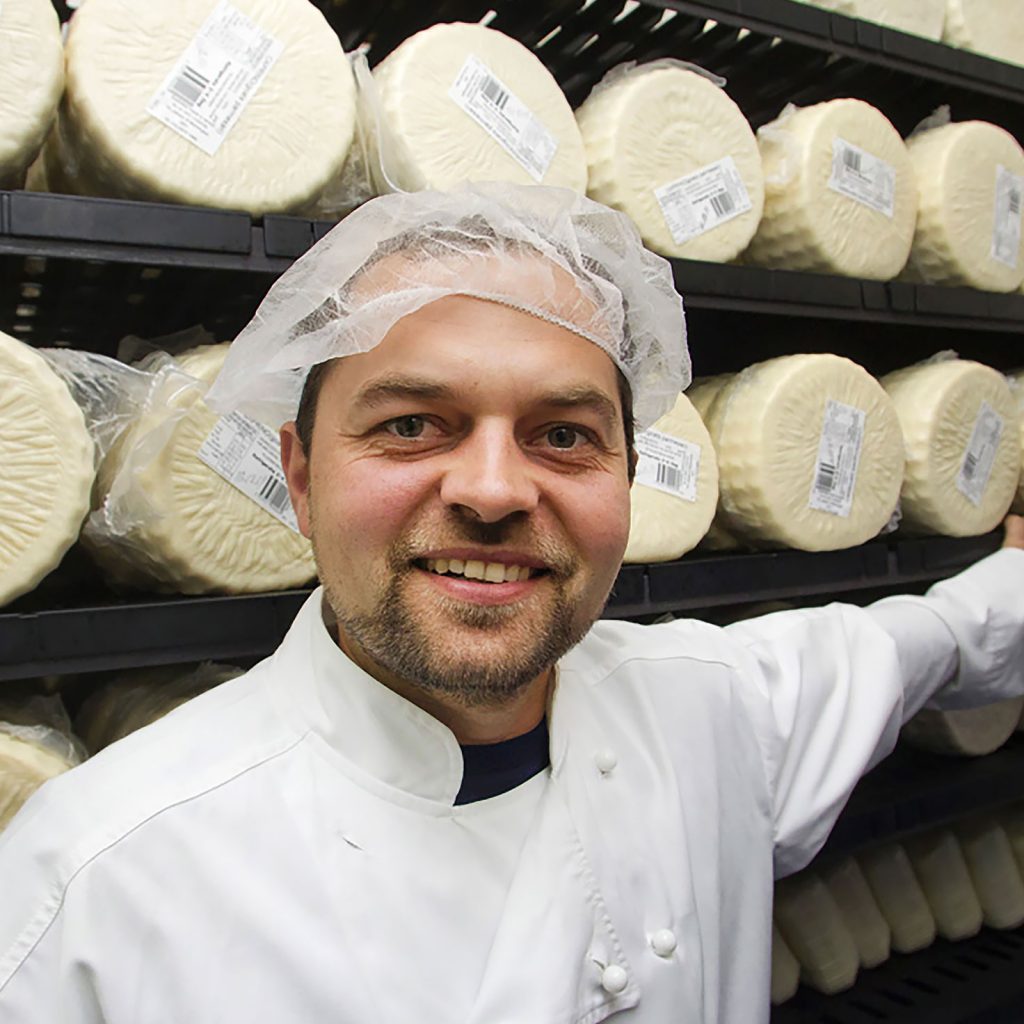
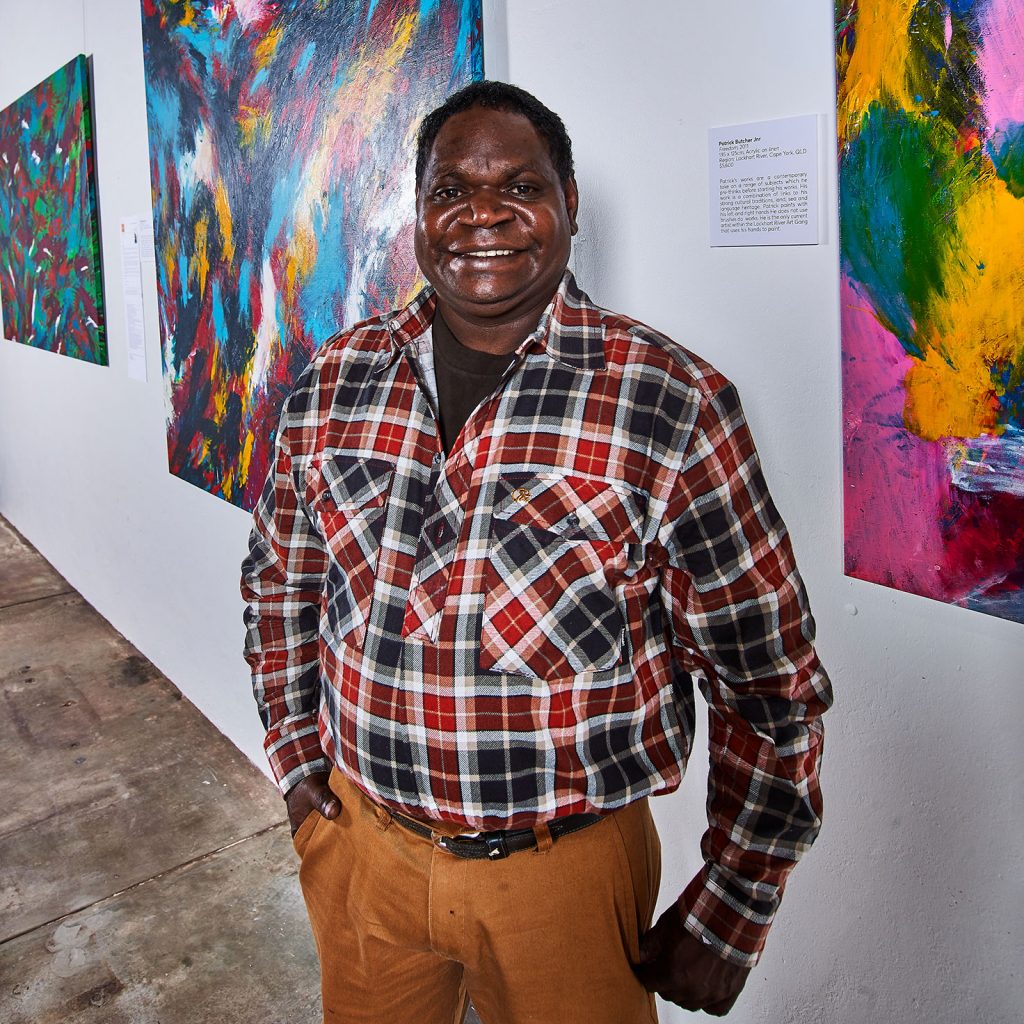
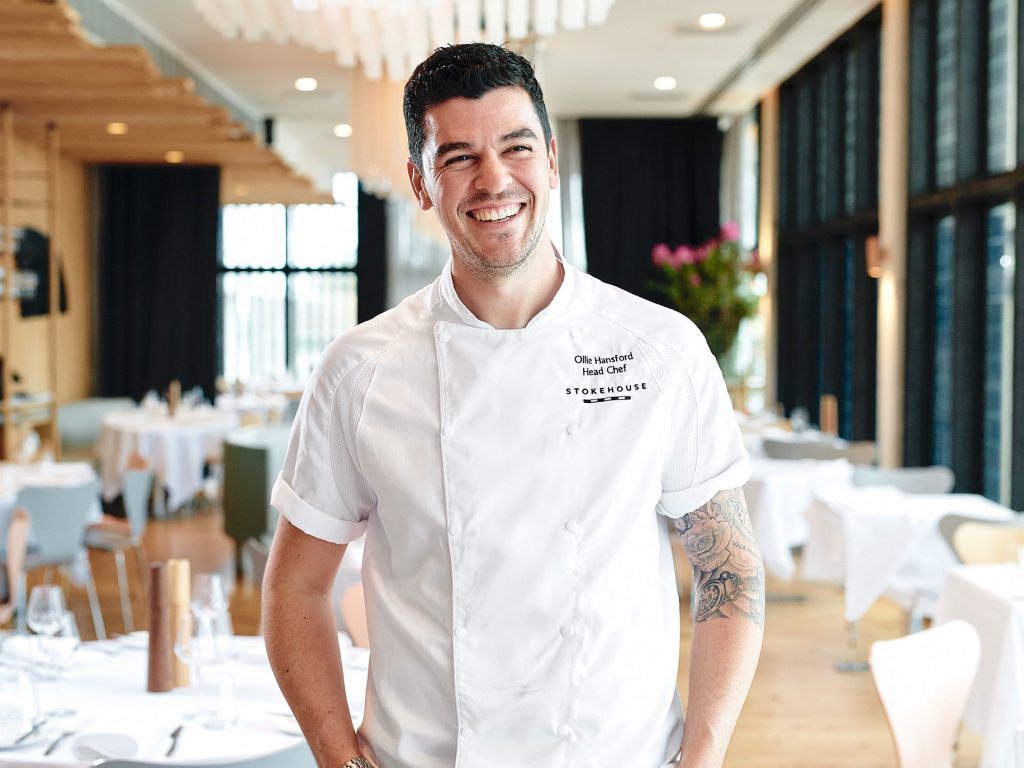

Comments are closed.